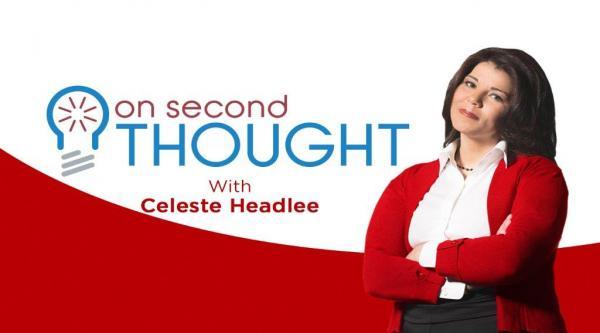Section Branding
Header Content
On Second Thought For Tuesday, October 11, 2016
Primary Content
Reports of sexual assaults on college campuses are all too common, but what's less-known are cases at the high school level. In both colleges and high schools, Title IX coordinators are supposed to be on hand to review sexual assault allegations, but a recent investigation in Slate Magazine reveals that's not happening the way it should at many schools, including at least one in Georgia. We talk with freelance journalist Nora Caplan-Bricker, who worked on the story. We also check in with Fatima Goss Graves of the National Women's Law Center.
Plus, 25 years ago this month, the nation watched as a federal judge from Savannah, Georgia named Clarence Thomas went through a grueling confirmation hearing to the U.S. Supreme Court. The hearing became a media circus after a young law professor named Anita Hill was called into testify. The nation watched in disbelief as Hill described in graphic detail her allegations of unwanted sexual advances by Thomas. Since being confirmed to the court in 1991, Justice Thomas has considered some of the biggest cases in our nation’s history. We look back on his tenure with law professors Tanya Washington of Georgia State University and Stephen Gottlieb of Albany Law School.
And 2016 is the centennial year of the Pulitzer Prize. The honor has been awarded to dozens of people from or living in Georgia. And so we've asked past winners to spend some time with us this year in a series we call Pulitzer Peaches. Pulitzer Prize winner Cynthia Tucker has been plugged in to the intersection of politics and American society for decades, heading up the Atlanta Journal-Constitution's editorial page from 1992 to 2009. She won the Pulitzer for commentary in 2007, after being nominated in both 2004 and 2006, and was named Journalist of the Year by the National Association of Black Journalists in 2006. Tucker currently writes a syndicated weekly column called "As I See It.” We talk with her about how political commentary and newspapers have changed, and about the current state of political journalism.


